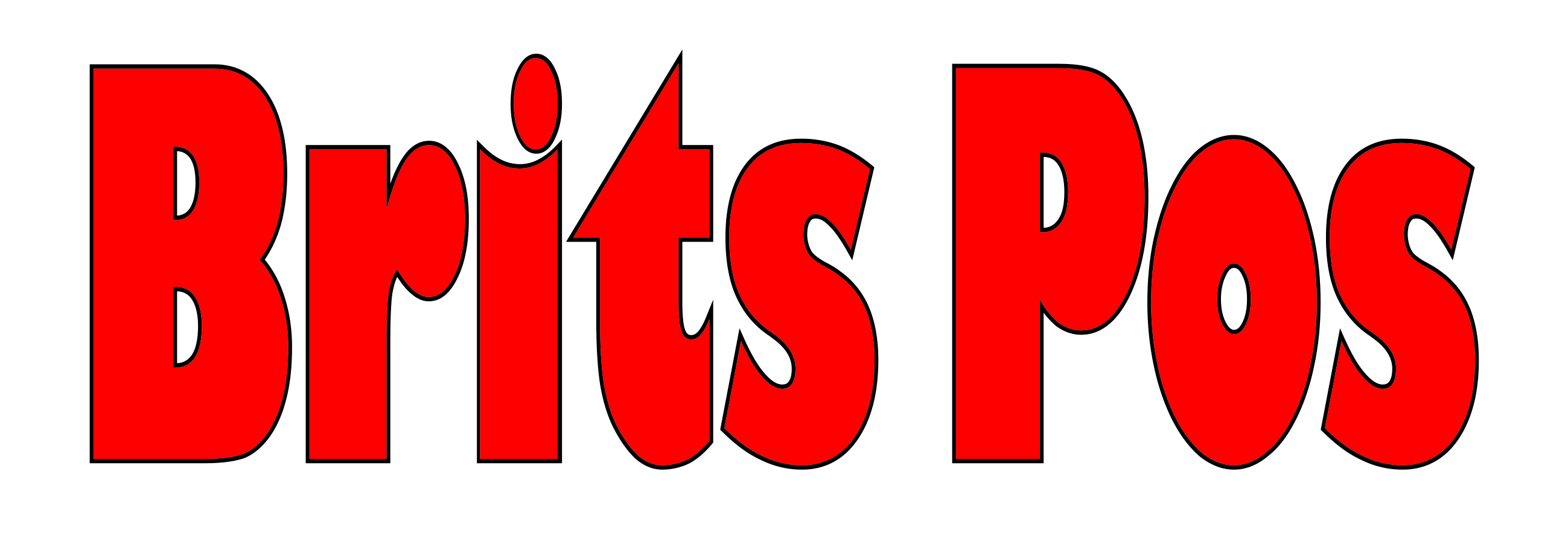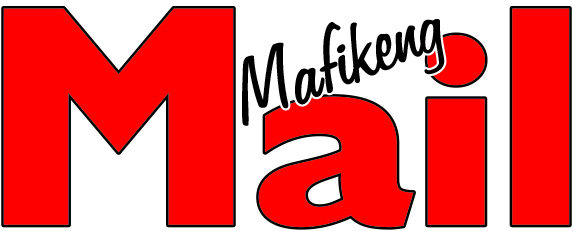BONUS - RUSTENBURG - South African motorists have just received some much-needed relief at the pumps with a R1.24 cut to petrol prices last week - and early indications are that another big drop in prices is lining up for July.
Data from the Central Energy Fund (CEF) for the end of the first week of June shows that petrol and diesel prices are building significant overrecoveries.
Petrol is currently showing an over-recovery of almost R1.70 per litre, while diesel is showing an over-recovery of between R1.06 and R1.18 per litre.
The sole driver behind these recoveries is the global oil price, which has dropped significantly since the end of May. Unfortunately, the rand is currently working against prices (contributing an under-recovery of around 18 cents per litre), but it could lead to an even bigger cut to fuel, if markets settle from the current jitters around the 2024 election results.
Following the elections, markets and investors have been left in limbo, with the ANC government not securing a big enough portion of the national vote to easily secure governance.
In a late-night address on Thursday (6 June), President Cyril Ramaphosa announced that the ANC would not enter into a formal coalition with any of the minority parties on offer and would instead pursue a “Government of National Unity” (GNU).
While a GNU has the potential to bring all parties on board in government, South Africa’s political leaders are quite widely ideologically opposed and disparate in their mandates.
Trying to get these parties to work together will prove to be “easier said than done”, according to the Bureau for Economic Research (BER). This has been reflected in the rand’s performance, with the unit moving from pre-election strength—close to R18.00/$—back to staring down R19.00/$.
Fortunately, however, the international oil price has seen a substantial drop over this month to date. Investec chief economist Annabel Bishop said that if prices are sustained at current levels, this will see the likelihood of a R1.65/litre drop in the petrol price in July.
“Oil prices are priced in US dollars, and the US $-based international commodity’s price fall (South Africa is not an oil producer) has meant that the commodity has become cheaper to import, even with sharp rand depreciation this month,” she said.
According to Bloomberg analysis, oil producers’ (OPEC+) unexpected plan to return some supply this year, put oil on track for a weekly decline, but this does not mean it will stick. OPEC+ ministers (including from Saudi Arabia) said on Thursday that the group can still react to any changes in the market and adjust supply. That sparked a sharp rebound in oil prices, which had already staged a modest recovery after tumbling into oversold territory for the first time in about a year.
Brent futures are trading near $80 a barrel after advancing 1.9% on Thursday, but prices are still heading for a third weekly drop.
Oil has trended lower since early April in part due to concerns over the demand outlook. However, geopolitical risks surrounding the war in Ukraine and the Middle East continue to simmer, which could spur further price gains, Bloomberg said. Bishop noted, however, that petrol prices have still climbed by about R5.00 per litre since 2022, which is keeping pressure on inflation.










